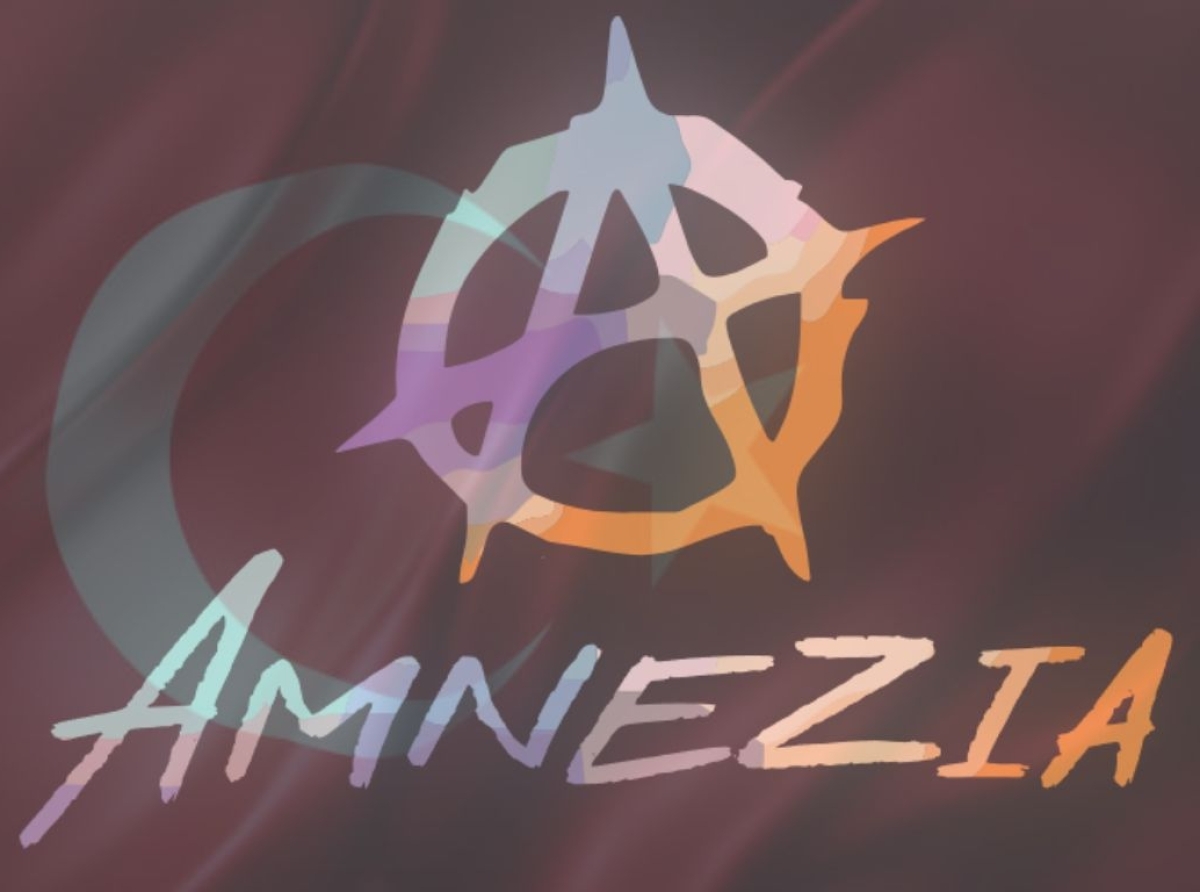Amnezia Free, a new tool designed to bypass government censorship, is now available in Turkey, granting access to blocked websites deemed socially significant. Previously launched in countries like Iran, Russia, Kyrgyzstan, and Myanmar, the tool is tailored to specific regional needs in collaboration with local activists and civil society groups.
The platform facilitates access to censored platforms such as Facebook, Instagram, X (formerly Twitter), Pastebin.com, Wikileaks, and Booking.com, along with websites of independent media outlets and NGOs banned in Turkey. Unlike traditional VPNs, Amnezia Free only unlocks sites that are considered critical for public discourse but restricted by state censorship.
Regional impact and development of Amnezia Free
Amnezia Free originated as part of Amnezia VPN, an open-source project that allows users to create personal VPN servers. The service was initially conceptualized at a digital rights hackathon, Demhack, in 2020, and later refined under the Privacy Accelerator program.
The first version of Amnezia Free debuted in Russia in March 2022 amidst a wave of censorship targeting media outlets critical of the Kremlin’s stance on the Ukraine conflict. Blocked websites included BBC, Deutsche Welle, and Radio Free Europe/Radio Liberty, alongside social platforms like Facebook and Instagram. Amnezia VPN partnered with RosKomSvoboda, a Russian digital rights group, to launch the tool, which has since been downloaded over 260,000 times.
In April 2024, Amnezia Free was introduced in Myanmar, where internet restrictions intensified following the 2021 military coup. Popular services such as Facebook, Messenger, WhatsApp, Instagram, Twitter, and Wikipedia, as well as independent media like Frontier Myanmar and activist sites, were rendered inaccessible. Facebook’s central role in communication, commerce, and activism in Myanmar made its inclusion in Amnezia Free particularly critical.
Following the blocking of TikTok in Kyrgyzstan on April 18, 2024, Amnezia Free was adapted for the country. TikTok is viewed not only as an entertainment platform but also as an important tool for information sharing, earning income, and fostering social connections. Access to independent outlets like Kloop was also restored through the platform.
In Iran, where nearly all popular VPN protocols are blocked, a version of Amnezia Free leveraging the proprietary AmneziaWG protocol was launched in May 2024. This protocol circumvents detection mechanisms by dynamically altering key parameters, allowing users to access sites like Google, Meta services, and independent media such as BBC Persian and Iran International.
Technical innovation and privacy assurance
Amnezia VPN's custom AmneziaWG protocol is a fork of the WireGuard protocol, enhanced with features to evade censorship and reduce the risk of detection. Each user receives randomized parameters, making it difficult for censors to develop universal blocking rules. The service underwent a 2022 audit by 7ASecurity, commissioned by Open Technology Fund, which confirmed its security and led to further improvements.
Amnezia Free embodies its name by maintaining a strict no-logs policy, ensuring no user data is stored or tracked. This commitment to privacy remains the cornerstone of the project, resonating with users in regions plagued by government surveillance and censorship.
A growing footprint
As Amnezia Free expands into new territories, it continues to provide a critical lifeline for free expression and access to information in repressive environments. Its region-specific adaptations and collaboration with local stakeholders underscore its mission to empower communities under digital siege.

 Tr
Tr  En
En 